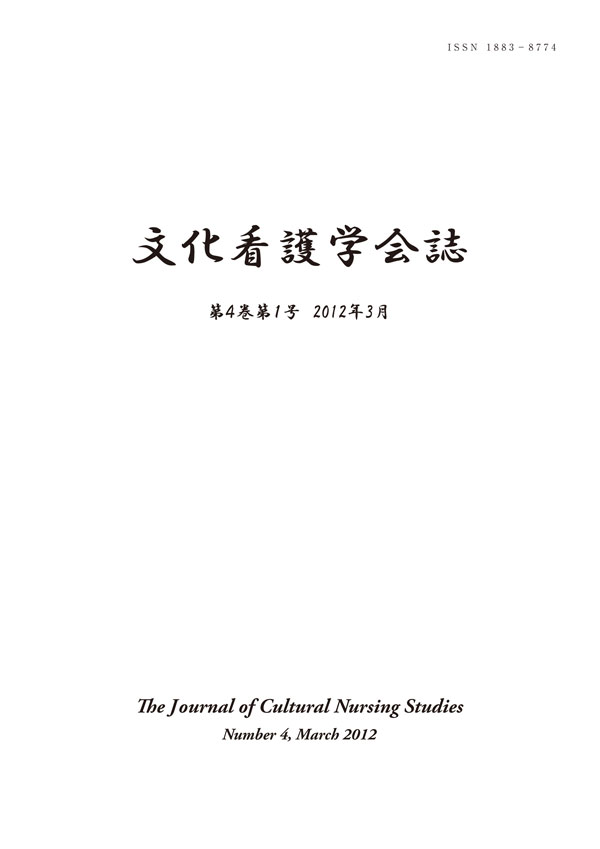Volume 4, Issue 1
Displaying 1-10 of 10 articles from this issue
- |<
- <
- 1
- >
- >|
-
2012Volume 4Issue 1 Pages 1_3-1_12
Published: March 30, 2012
Released on J-STAGE: November 13, 2018
Download PDF (896K) -
2012Volume 4Issue 1 Pages 1_13-1_25
Published: March 30, 2012
Released on J-STAGE: November 13, 2018
Download PDF (871K) -
2012Volume 4Issue 1 Pages 1_26-1_37
Published: March 30, 2012
Released on J-STAGE: November 13, 2018
Download PDF (906K)
-
2012Volume 4Issue 1 Pages 1_38-1_46
Published: March 30, 2012
Released on J-STAGE: November 13, 2018
Download PDF (1275K)
-
2012Volume 4Issue 1 Pages 1_47
Published: March 30, 2012
Released on J-STAGE: November 13, 2018
Download PDF (562K) -
2012Volume 4Issue 1 Pages 1_48-1_54
Published: March 30, 2012
Released on J-STAGE: November 13, 2018
Download PDF (987K) -
2012Volume 4Issue 1 Pages 1_55-1_57
Published: March 30, 2012
Released on J-STAGE: November 13, 2018
Download PDF (739K) -
2012Volume 4Issue 1 Pages 1_58-1_60
Published: March 30, 2012
Released on J-STAGE: November 13, 2018
Download PDF (717K) -
2012Volume 4Issue 1 Pages 1_61-1_65
Published: March 30, 2012
Released on J-STAGE: November 13, 2018
Download PDF (702K) -
2012Volume 4Issue 1 Pages 1_66-1_76
Published: March 30, 2012
Released on J-STAGE: November 13, 2018
Download PDF (2488K)
- |<
- <
- 1
- >
- >|
